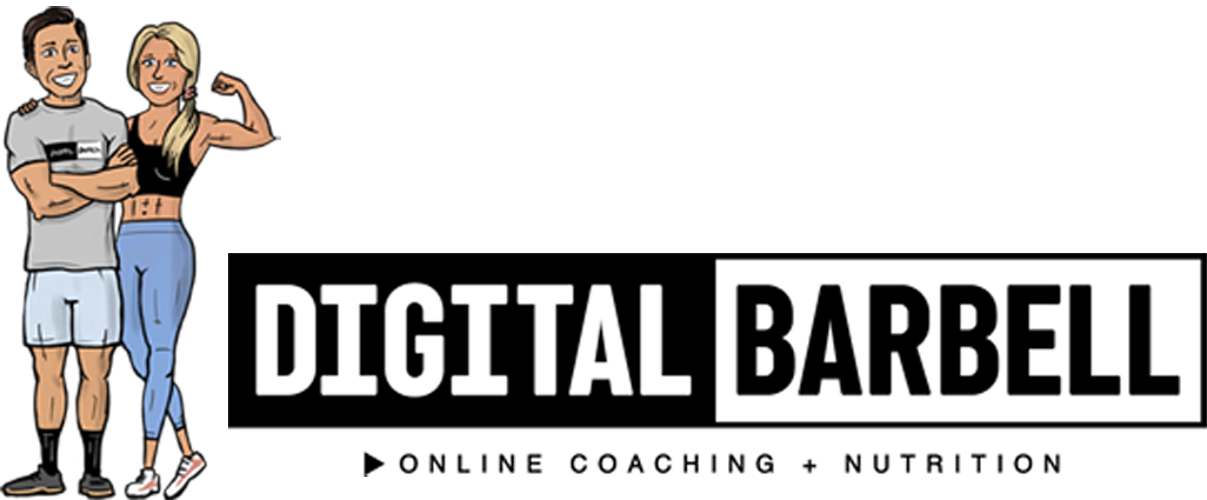Is It Normal To Be Sore After Your Workouts?
Is It Normal To Be Sore After Every Workout?
Written by: Jonathan Fletcher
Is it normal to be sore after your workouts?
One of our clients asked the following question (shoutout Shirlee!) in our private Slack channel last week, and it’s a good one.
“I went from working out 3 days a week to 4, and I feel a little sore all of the time. Is it something I’ll adjust to, or is it normal to feel sore if you’re training hard?”
Let’s answer it, shall we?
Why do you get sore after a workout?
When you’re muscles get sore after a workout it’s called "DOMS”. Delayed Onset Muscle Soreness.
The workout you did caused microscopic tears in your muscle fibers. That damage triggered inflammation that’s part of the healing process that makes your muscles bigger and stronger.
So in short, soreness is normal if you’re pushing yourself hard in your training.
BUT…
Even though soreness is normal, that doesn’t mean it’s necessarily good to be really sore.
Go down to your local high school and do walking lunges around the entire track. Yep, 400 meters of lunges.
You’ll be so sore you won’t be able to use the stairs or the toilet right for a week.
That’s not good soreness that’s a result of hard, productive training.
Extreme, debilitating soreness is the result of doing too much in one workout, and/or doing a lot of something you haven’t done for a while.
Neither of which indicates that you got a good workout.
Blakley and I got back home this past weekend from a month-long trip in our RV. . Every workout we did on the road was with bands, bodyweight, and dumbbells.
Knowing that, you better believe that we will be careful not to jump back into heavy squats, deadlifts, and presses too aggressively this week so we aren’t insanely sore.
In other words, we need some time to adjust.
That brings me back to Shirlee’s specific case.
Since she’s been our client for nearly 2 years and Haley is her coach, I know what her workouts are, and I know that she isn’t doing anything crazy like thousands of walking lunges at the track.
My follow-up questions to her were:
“How long ago did you make the change?”
“About how much protein are you eating every day?
“How much do you sleep per night?”
She answered:
I made the change 2 weeks ago.
I eat about 95g of protein per day weighing 120 lbs.
I get 7-9 hours of sleep per night.
I’m sure many of you reading this would love to average 7-9 hours of sleep per night, right?! She’s killing it on that front.
How about Shirlee’s protein intake? Remember… Protein in the food we eat has the building blocks of muscle tissue (amino acids) we need to build and repair damaged muscle fibers.
Undereating protein can certainly be the smoking gun in a case of constant soreness.
The minimum amount of protein we’d recommend that Shirlee eat is about 85 grams per day. That’s .7 grams of protein per day, per pound that she weighs.
Again, that’s the minimum. Shirlee is lean, muscular, athletic, and active. All of those factors mean that she can benefit from eating more than the minimum daily dose of protein.
More muscle mass requires more protein.
More training volume means more muscle to repair.
More daily activity is benefited by higher protein intake.
In her specific case, I’d recommend Shirlee boost her protein up to 100-120g per day for 2-4 weeks to see how it helps with the soreness.
Let’s look at the last factor.
She said it had been 2 weeks since switching from 3 to 4 workouts per week.
Adding 1 workout per week may sound insignificant, but unless my math is wrong, that’s a 33% increase in training volume.
That’s definitely enough to feel!
After only 2 weeks, Shirlee is still in an acclimation phase and will no doubt adjust to the extra training within a few more weeks.
Am I saying that if she eats more protein and stays the course she’ll never be sore again?
Absolutely not!
If you’re following a well-designed training program and challenging yourself, you should absolutely feel some muscle soreness. But, not the kind that makes your friends and family think you’re dying.
I’ve said it many times before, but here it is again…
The 2 main reasons you can work out for years and never see results are:
1: You’re not training, you’re just exercising. You’re getting hot, sweaty, and sore but you’re not getting better.
2: You’re not working at the right effort level. You’re getting out of breath and tired, but you’re not pushing your muscles hard enough to make them grow and show.
If that’s you, we can help. We can take the minutes you’re already investing into your workouts, and make them matter.
Check out the episode of our podcast below where we spill the beans on “9 Things You Need To Do To Get In Shape, and 9 Things You Need To Do To Stay In Shape”

